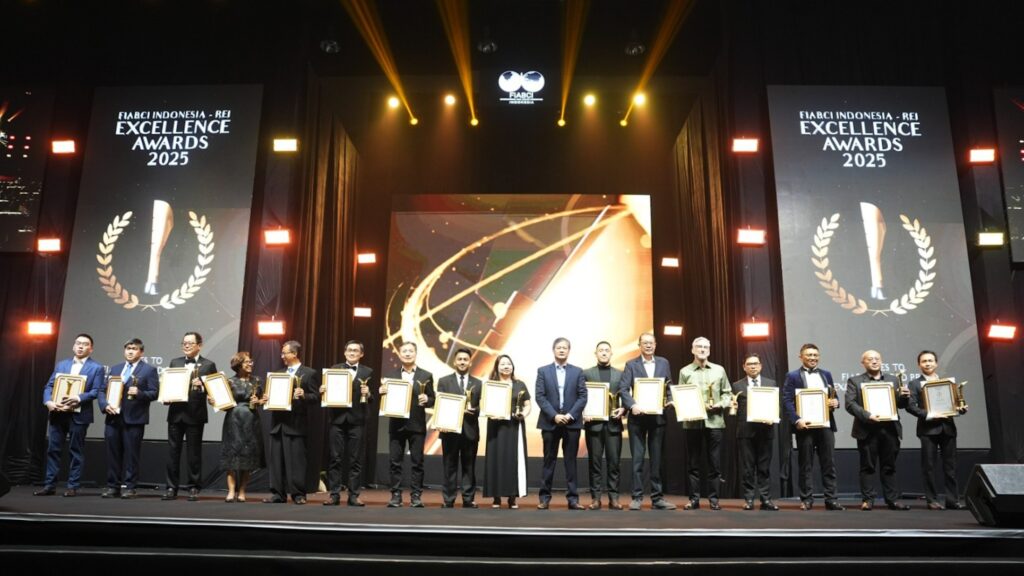Islamabad – Pakistan is preparing to unlock its mineral wealth, estimated between $3 to $5 trillion, by inviting international bidders to participate in one of the largest mining opportunities in recent history. Senior government officials have confirmed that the move is aimed at attracting large-scale foreign investment from major powers, including the United States, China, Saudi Arabia, Türkiye, the United Kingdom, and the United Arab Emirates.
The plan involves transferring control of rare earth and mineral sites from provincial governments to a single federal authority. This centralisation process, however, requires a constitutional amendment to override the 18th Amendment, which currently grants provinces ownership of natural resources. The federal government has already begun legislative steps to enable this transition.
Officials note that this one-window operation will simplify bidding, regulatory approvals, and security clearances. Agreements with foreign investors are expected to be finalised within six to eight months, with priority projects already under discussion.
In the initial phase, China will reportedly receive exploration rights in Gilgit-Baltistan, while the United States is slated to secure mining concessions in Northern Balochistan and Southern Khyber Pakhtunkhwa. Saudi Arabia, meanwhile, is close to sealing a deal for the Reko Diq copper-gold mines, one of the world’s largest untapped reserves.
The mineral resources extend across the nation, covering coal, copper, gold, iron ore, chromite, precious stones, salt mines, and some of the world’s largest copper and gold deposits. This geographical spread from Balochistan to Punjab and Sindh underscores the depth of Pakistan’s mining potential.
Foreign interest has intensified in recent months. Alongside Chinese and Saudi commitments, Washington has shown renewed enthusiasm, with reports suggesting that President Donald Trump expressed direct interest in Pakistan’s rare earth and energy sectors.
Government officials argue that by addressing legal and administrative hurdles, Pakistan can turn its mining sector into a driver of economic growth. If the strategy succeeds, it could mark one of the largest mobilisation efforts of natural resources in Pakistan’s history and significantly alter the balance of global supply chains for rare earth elements.
The federal leadership is now focused on completing the legislative groundwork that will enable global partnerships, aiming to secure Pakistan’s position as a key player in the global race for strategic minerals.






